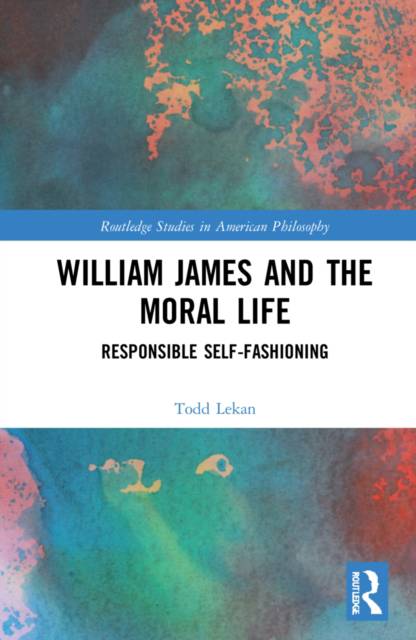
- Retrait gratuit dans votre magasin Club
- 7.000.000 titres dans notre catalogue
- Payer en toute sécurité
- Toujours un magasin près de chez vous
- Retrait gratuit dans votre magasin Club
- 7.000.0000 titres dans notre catalogue
- Payer en toute sécurité
- Toujours un magasin près de chez vous
Description
This book offers a compelling new interpretation of James' moral philosophy: an "ethics of responsible self-fashioning." James' performative writing style articulates this conception by showing how moral inquiry serves both social and personal transformation.
James the social moral philosopher seeks to create an inclusive moral order through expansion of sympathetic concern among those committed to different ideals. James the existential moral philosopher defends the right to adopt hope-grounding metaphysical beliefs which encourage strenuous moral action in the face of evil and suffering. The power of James' ethics is demonstrated by its application to current discussions about the status of marginalized nonhuman animals and that of the cognitively disabled.
William James and the Moral Life is of interest to a wide variety of ethicists and has special appeal to scholars and advanced students in moral philosophy, social philosophy, pragmatism, and American philosophy.
Spécifications
Parties prenantes
- Auteur(s) :
- Editeur:
Contenu
- Nombre de pages :
- 146
- Langue:
- Anglais
- Collection :
Caractéristiques
- EAN:
- 9781032221649
- Date de parution :
- 07-04-22
- Format:
- Livre relié
- Format numérique:
- Genaaid
- Dimensions :
- 152 mm x 229 mm
- Poids :
- 381 g

Les avis
Nous publions uniquement les avis qui respectent les conditions requises. Consultez nos conditions pour les avis.






